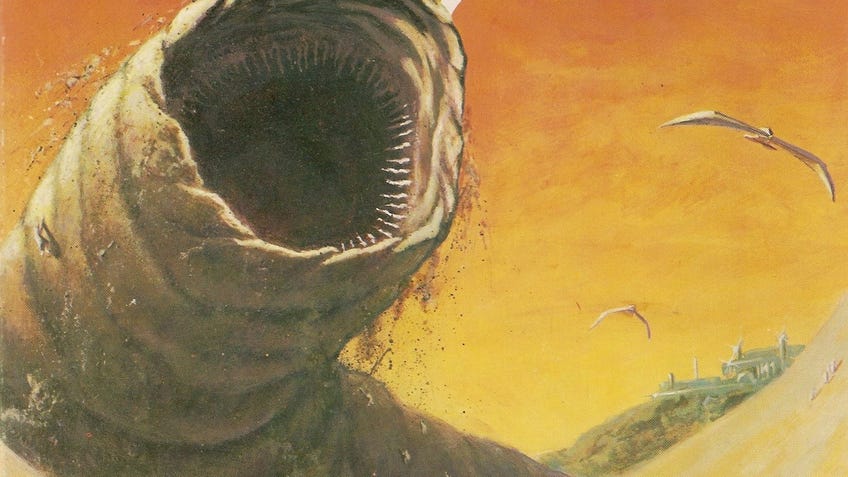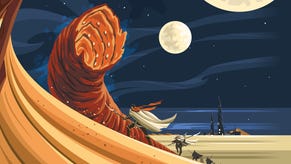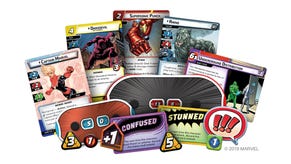I Have No Mouth, and I Must Scream author Harlan Ellison saved the first-ever Dune game
“Frank Herbert said: ‘Don’t worry, I hate lawyers anyway.’”
Without Harlan Ellison, the notoriously caustic writer behind techno-existential short story ‘I Have No Mouth, and I Must Scream’ and acclaimed Star Trek episode The City on the Edge of Forever, one of the most influential board games of all time might never have seen the light of day.
Ahead of its 1979 release, the original Dune board game - the earliest Dune game adaptation, over a decade before the series’ video game debut - apparently ran into legal hot water with lawyers at Avalon Hill, the publisher who had picked up the rights to adapt Frank Herbert’s sci-fi doorstopper for the tabletop.
The board game’s designers Peter Olotka, Jack Kittredge and Bill Eberle - known for seminal seventies sci-fi game Cosmic Encounter - had been desperately trying to fill out the roster of characters for each of Dune’s asymmetrical factions. According to Eberle, who spoke to me alongside his co-designers for a 2019 interview in Tabletop Gaming, the Spacing Guild proved to be particularly difficult to source familiar characters for from Herbert’s original book.
“We were desperate for characters for the Guild,” Eberle recalled. “We found [some], because we said, ‘Okay, well, they’re allied with the smugglers, so we’ll use the smugglers’ - and we had ‘Guild Rep’, so that tells you we had run out of names.”
The difficulty led the team to include Edric, a Guild Navigator who conspires against Paul Atreides as part of a group of plotters. Except Edric doesn’t appear in Herbert’s first Dune novel; instead, he’s introduced in its sequel, Dune Messiah. That caused a problem, because Avalon Hill only had the rights to use elements from the first Dune book in its tabletop adaptations.
“They were going to stop publication because we did that,” Eberle confirmed.
Olotka added that the design and artwork had already been finalised by the time the issue arose, halting its release at the very last moment: “The lawyers stopped the [game]. The game was in the box, it was ready to go.”
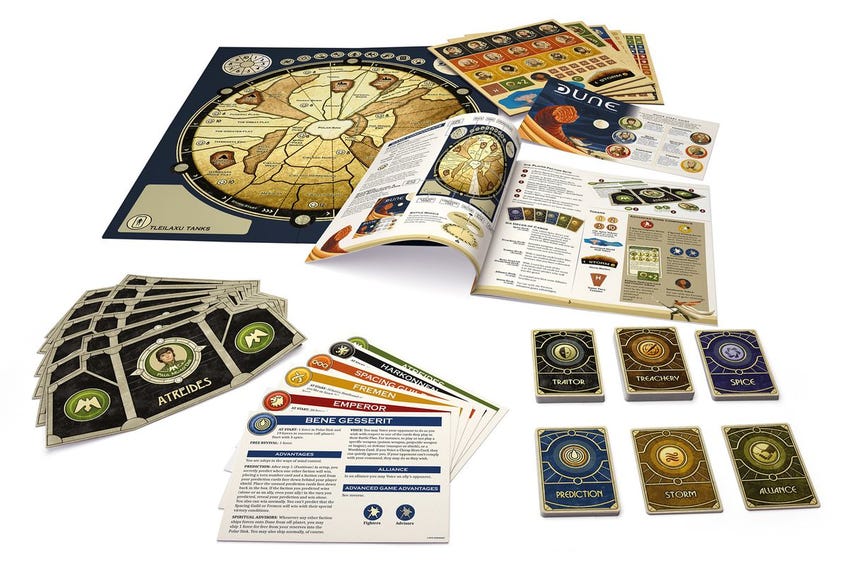
With Avalon Hill’s legal worries holding up the release of the game, Olotka decided to take matters into his own hands. The designer had previously met Harlan Ellison at a convention in 1976, giving the disagreeable author a prototype copy of Cosmic Encounter (which would be released the following year).
“I wrote him a letter and I said: ‘Harlan, do you know Frank Herbert? Because we have a problem,’” Olotka said.
Olotka recalled that Ellison wrote back, confirming that he did know Herbert and telling the designer to send all the information he had over.
“So I make up this big package and I sent it to Harlan Ellison,” Olotka said.
Around a week later, Olotka received a collect call from Herbert himself, then on the West Coast, in order to resolve the legal blockade.
“We talked about it and he goes, ‘Don’t worry, I hate lawyers anyway,” Olotka said, with Eberle adding for emphasis: “So the problem went away.”
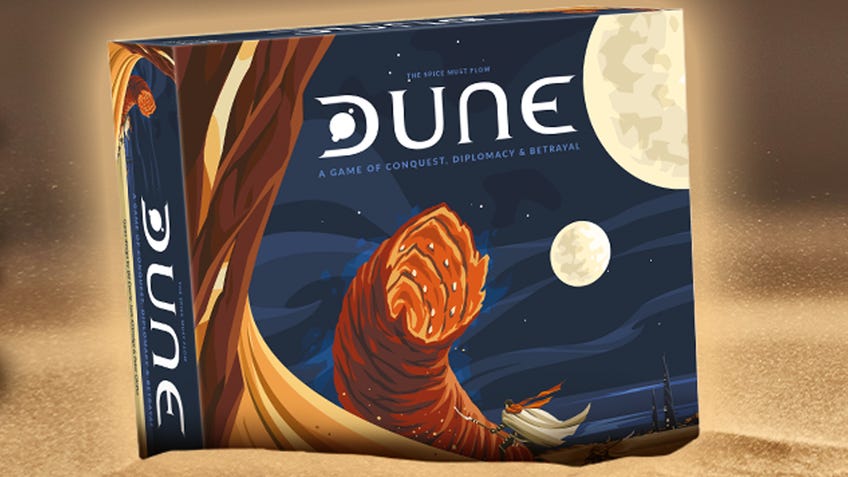
While Ellison’s intervention and Herbert’s subsequent blessing did allow the Dune board game to find its way onto shelves in 1979, it wasn’t the end of the game’s legal woes. After the flop of David Lynch’s film in 1984 and Herbert’s death two years later, the board game vanished for decades, seemingly blocked from republication by licensing troubles, only reappearing in 2019 - 35 years after its last edition - ahead of Denis Villeneuve’s Dune movies and a slew of modern Dune games.
Despite its troubled history, the Dune board game has become one of the most acclaimed and influential tabletop designs of all time, with its asymmetrical factions - like Cosmic Encounter before it - pioneering release of expansions for the time and innovative combat dials going on to inspire and influence countless games to this day. It’s still absolutely worth playing - and easier than ever to find.
